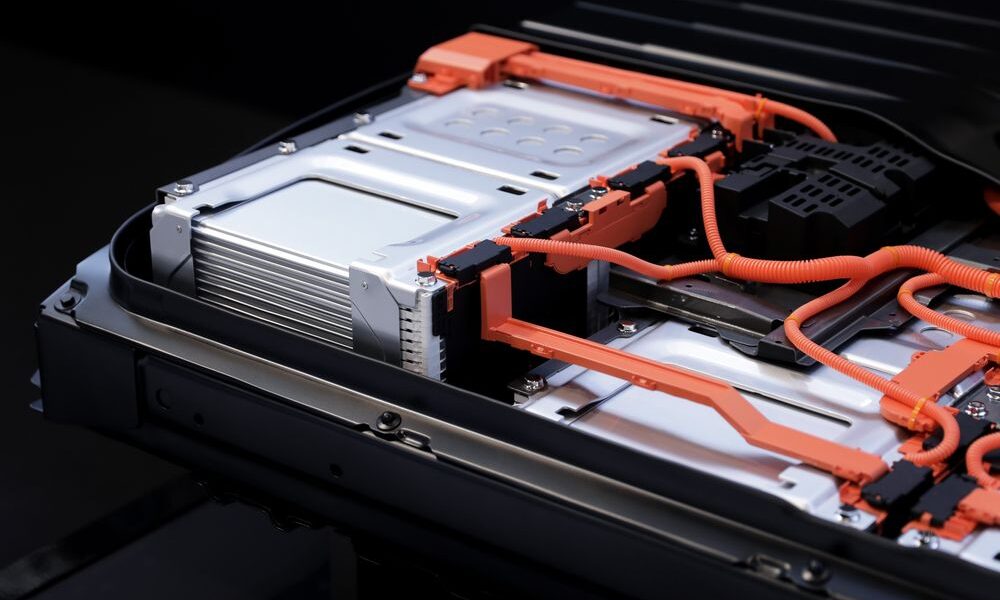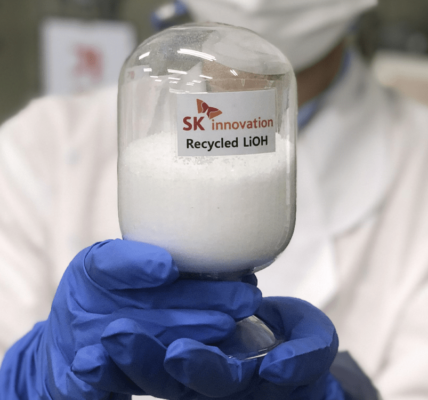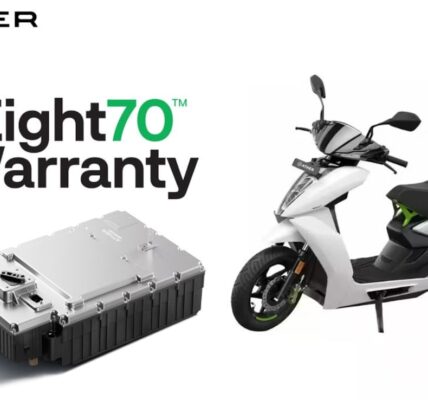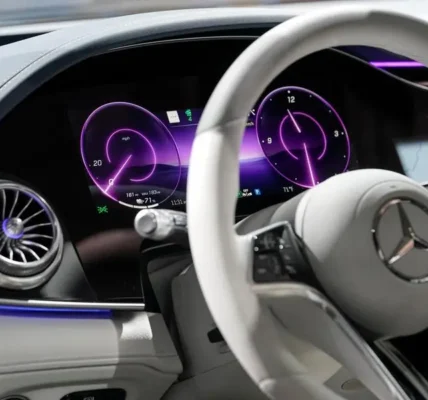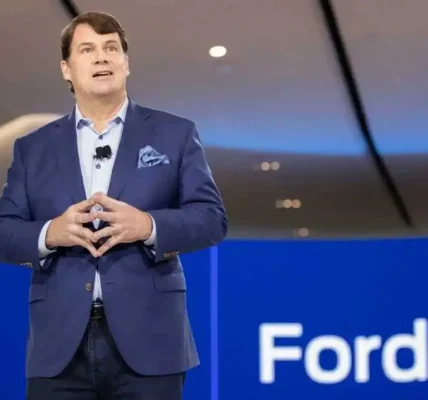LG, Hyundai To Build $1.1 Billion Electric Vehicle Battery Plant In Indonesia To Tap Nickel Supply
South Korean conglomerates Hyundai and LG will jointly build a $1.1 billion electric vehicle battery plant in Indonesia to take advantage of the Southeast Asian country’s potentially vast consumer market and rich natural supply of nickel.
The 50-50 joint venture, slated to operate in the Karawang regency, Indonesia’s West Java province, will break ground this year and start production in 2024 with annual capacity for 10 gigawatt hours of battery cells, Hyundai said in a statement.
Hyundai and LG can churn out 150,000 battery-run electric vehicles at that capacity, the statement says. The factory built on 330,000 square meters of land will help Hyundai and its subsidiary Kia “secure a stable supply of EV batteries at a competitive price” for future electric vehicles, it adds.
Indonesia itself makes the formula work, analysts say, due to an abundant supply of inexpensive nickel from the archipelago’s vast mines.
Indonesian nickel production has increased rapidly since 2014, turning the country into the world’s second-largest nickel producer behind China, says Rajiv Biswas, Asia-Pacific chief economist with research firm IHS Markit. Nickel laterite ore is a lithium battery ingredient.
“There is continued bullishness among global investors over future demand growth for nickel from the EV battery sector, as globally government policy is accelerating the transition from petrol vehicles to electric vehicles,” Biswas notes. “Nickel demand is expected to benefit from the green energy revolution.”
Indonesian miners are planning significant investment in new projects that target EV batteries, he adds, and nickel projects in the Southeast Asian country cost less compared to sources such as Australia and Canada.
Manufacturers in Indonesia still encounter infrastructure bottlenecks, especially at seaports, Biswas notes. Low seaport capacity, he says, can raise the cost of imports as well as exports.
A Hyundai-LG factory in Indonesia will help the Korean automaker further by putting EV batteries—notoriously risky to transport—near vehicles being made in the same country and not far from EV end markets in surrounding countries, says Sam Abuelsamid, principal research analyst at Guidehouse Insights.
“Nickel is fairly common in many parts of the world, including North America, but having a local source where you produce cells and battery electric vehicles certainly helps to contain costs,” Abuelsamid says. “Indonesia is fairly centrally located to supply BEVs to many countries in Southeast Asia, Australia and New Zealand where Hyundai Motor Group has fairly significant sales volume.”
The Indonesian EV market itself was worth $364 million in 2019 and is expected to grow to $816.22 million by 2025, analysis firm ResearchAndMarkets forecasts. It cites concerns in Indonesia about greenhouse gas emissions and government incentives to encourage domestic EV manufacturing.
Hyundai, among other automakers, has grappled over the past several years with limited cell supplies, forcing it to limit the number of vehicles sold in the United States, Abuelsamid adds.
The automaker, led by billionaire Euisun Chung, anticipates an eventual boost in its EV production. Its partner LG, an electronics giant chaired by billionaire Koo Kwang-mo, supplies batteries through LG Energy Solution for high-demand EVs being made by General Motors and Tesla.


